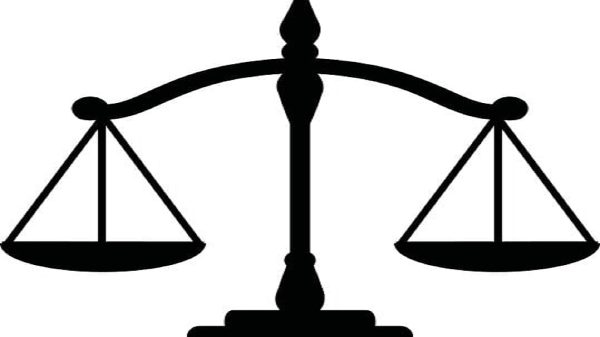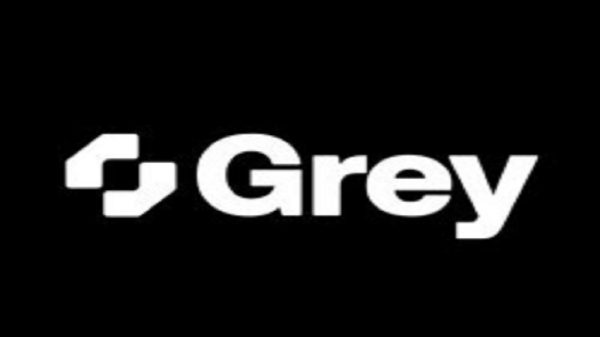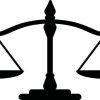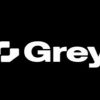Nigeria will not be a dumping ground for chemicals banned in other countries, said Professor Moji Adeyeye, director general of the National Agency for Food and Drug Administration and Control, NAFDAC.
This is contained in a statement issued by Olusayo Akintola, NAFDAC’s resident media consultant.
Ms. Adeyeye also explained that it was not true that 40 percent of registered trademarks of pesticide products in Nigeria were banned or restricted for use by the European Union.
“The agency has procedures in place that allow it to make regulatory decisions and determine whether an active ingredient should be banned or restricted.
“NAFDAC is a signatory to the international convention that bans chemicals and pesticides such as the Rotterdam Convention, an international treaty designed to facilitate informed decision-making by countries regarding the trade in hazardous chemicals and pesticides.
“NAFDAC is an ISO: 900: 2015 Quality Management System (QMS) and a certified organization that has implemented procedures that allow the agency to make regulatory decisions to determine whether an active ingredient should be prohibited or restricted.
“Chemicals banned by the international convention have been phased out and never released for registration or granted import permits as raw materials for production as a sovereign state,” he said.
He said NAFDAC has a strict requirement to ensure that any pesticide imported into Nigeria is on the market of the exporting country; The current Certificate of Free Sale is authenticated by the Nigerian Embassy in the exporting country.
The head of NAFDAC also stated that to ensure that only agency-approved active ingredients can enter the country, testing agents, CRIAs, and laboratories have been appointed to conduct tests and submit the results to the agency before any pesticides are shipped.
Ms. Adeyeye stated that the World Health Organization, WHO, names four classes of pesticide toxicity: Class I – a: extremely dangerous, Class I – b: highly dangerous, Class II: moderately dangerous, Class III: slightly dangerous , Class U: Unlikely to present acute hazard.
He said these classifications are for guidance purposes to allow users to take necessary precautionary measures and ensure food safety for humans, animals and the environment.
The agency conducts adequate quality control tests, he said, before granting certifications for all products that are imported or manufactured within the country.
The head of NAFDAC revealed that the evaluation of the field trial is carried out in collaboration with research institutes in Nigeria to determine the safety, quality and efficacy of new molecules, as well as the inspection of manufacturing facilities.
He said it was all in the goal of establishing that good manufacturing practices, GMP, existed to ensure that the manufactured product meets the quality standard specification for the intended use.
Other regulatory activities, he said, include, but are not limited to, granting authority for clear and ongoing sensitization and awareness exercises for relevant stakeholders on the safe and responsible use of pesticides, post-market surveillance to clean up counterfeit and unregistered products. .
He added that the agency also carries out other regulatory activities such as destruction, destruction and seizure of products.
According to her, the EU uses Residual Maximum Limits, MRLs, much lower than most other CODEX member countries, so the EU raised observations for the Codex secretariat and, later, the World Trade Organization, WTO , take note.
He explained that products with active ingredients that are accepted by other Codex member countries, including Nigeria, are not allowed in the EU.
Ms. Adeyeye noted that the lack of scientific data in Nigeria has been identified as a loophole whereby participating countries refrain from raising comments during Codex meetings and have no choice but to adhere to general Codex Alimentarius resolutions.
The head of NAFDAC asked all relevant research institutions to generate enough data and make it available to the Nigerian team attending the meeting of the Codex Committee on Pesticide Residues, CCPR, to promote the interest of the country.
He said that all pesticides approved for use by NAFDAC are also used in other parts of the world, and asked investors to feel free and confident to invest in agricultural production in Nigeria.
He reiterated the agency’s determination and assurance to Nigerians that no stone would be left unturned to ensure that the food products available to Nigerians are safe and healthy.
He said that NAFDAC in the last four years of his administration has repositioned itself to effectively regulate all agricultural inputs, such as pesticides and agrochemicals, among other regulated products.
“The quality and safety of inputs have a direct impact on farm food and the health of humans, animals and plants in line with the federal government’s agenda and investment in agriculture.
“The agency wants to encourage investors to consider investing in agricultural production so that job creation and the ability to feed ourselves as a nation can be achieved without being overly dependent on foreign exchange.
” It should be noted that many regulatory activities have been carried out to ensure that all NAFDAC regulated inputs required in the production of safe food are safe, effective and of adequate quality.
“Local food production is highly encouraged, in the last four years, it has reviewed its regulations, guidelines and has strengthened collaboration with the Ministry, Department and Agencies (MDA) and interested parties to ensure effective regulations.
“Such collaborative efforts have been recorded in the regulation of agrochemicals, NAFDAC has reviewed the safety of all agrochemicals registered in Nigeria in consultation with relevant stakeholders,” he emphasized.
Adeyeye said that a four-year start-up plan was in place for the obsolete and some hazardous agrochemicals phase-out plan, adding that such a phase-out plan is currently being implemented for Paraquat, to be phased out in 2024, and Atrazine in 2025.
According to its 100ml package, dichlorvosis is already banned due to improper use and some 30 pesticides have been banned in Nigeria.
Therefore, he recommended to the general public to visit the NAFDAC website (www.nafdac.gov.ng) for details on banned pesticides. l, adding that the prudent and responsible use of pesticides and agrochemicals was the main precaution for using the product products in Nigeria.
![]()




























































